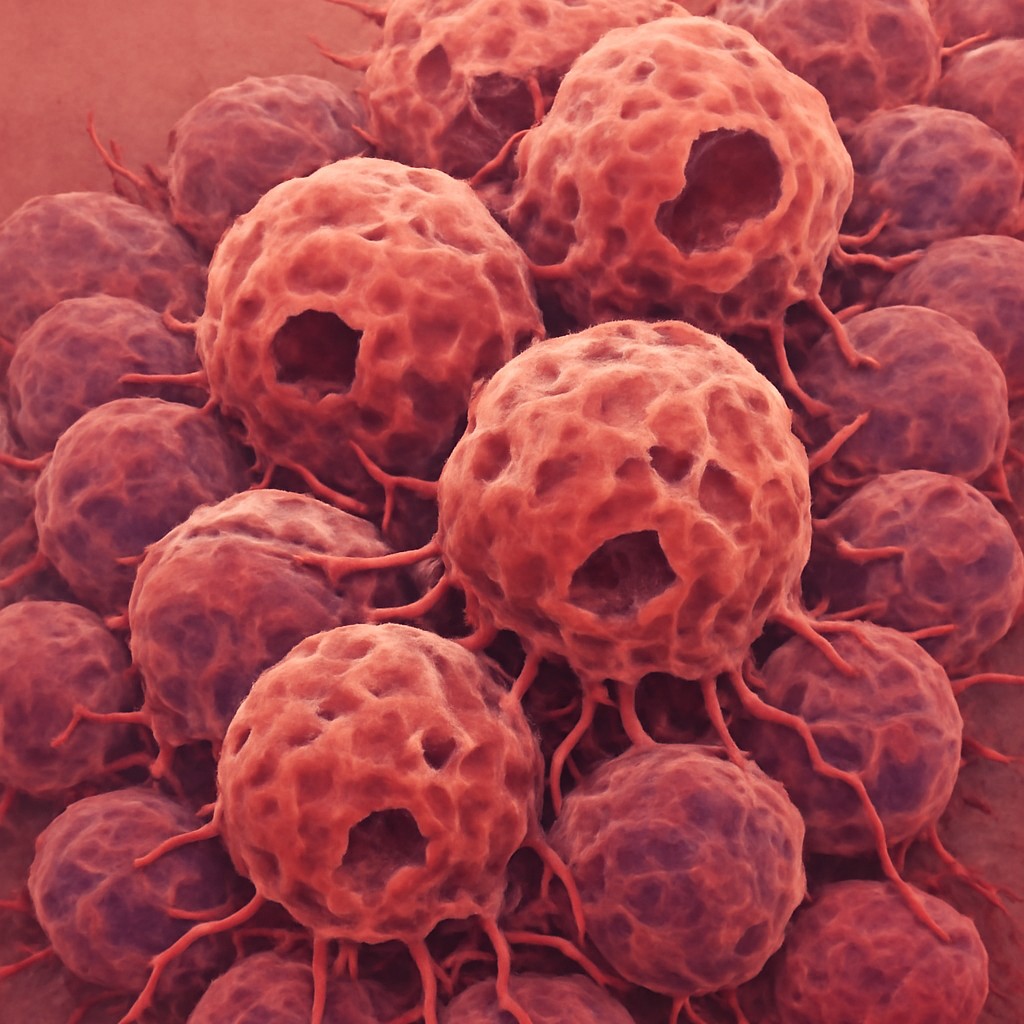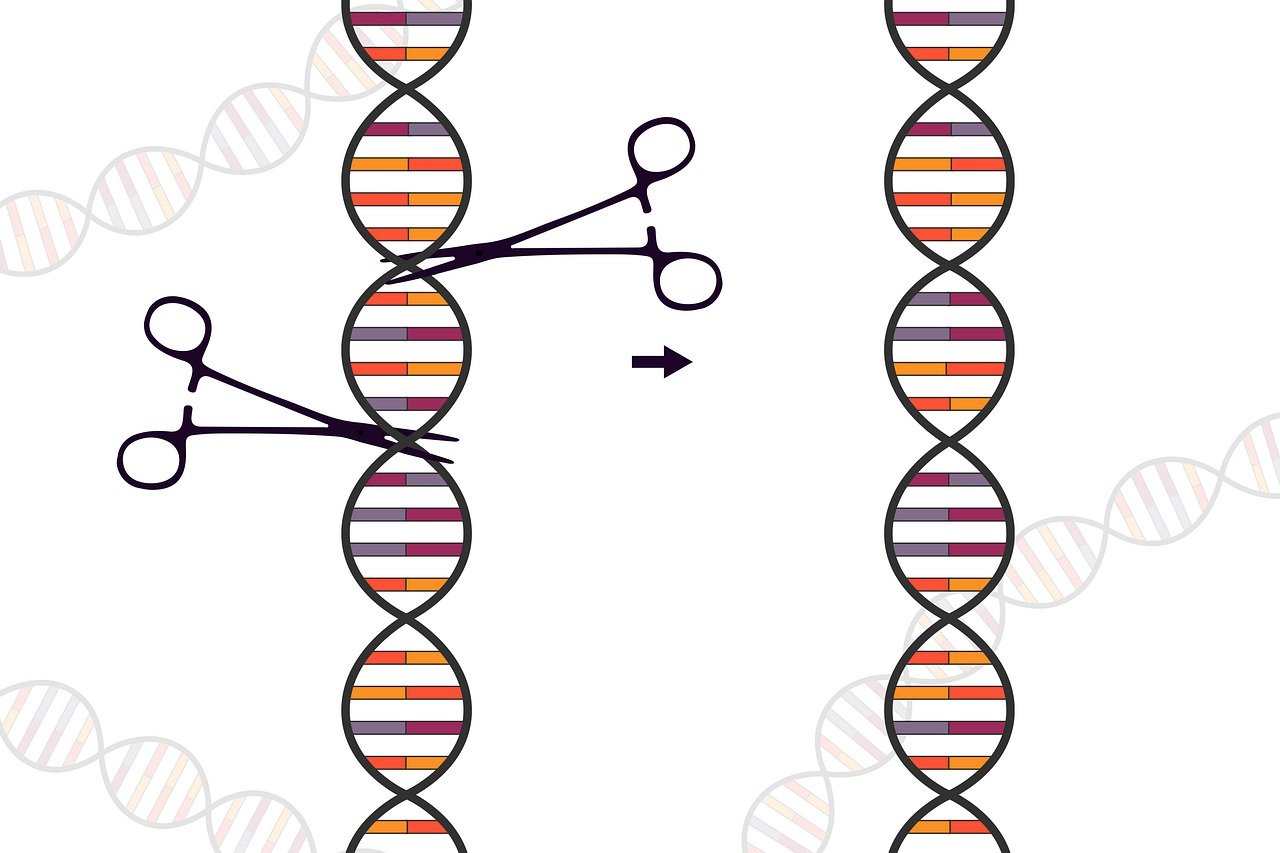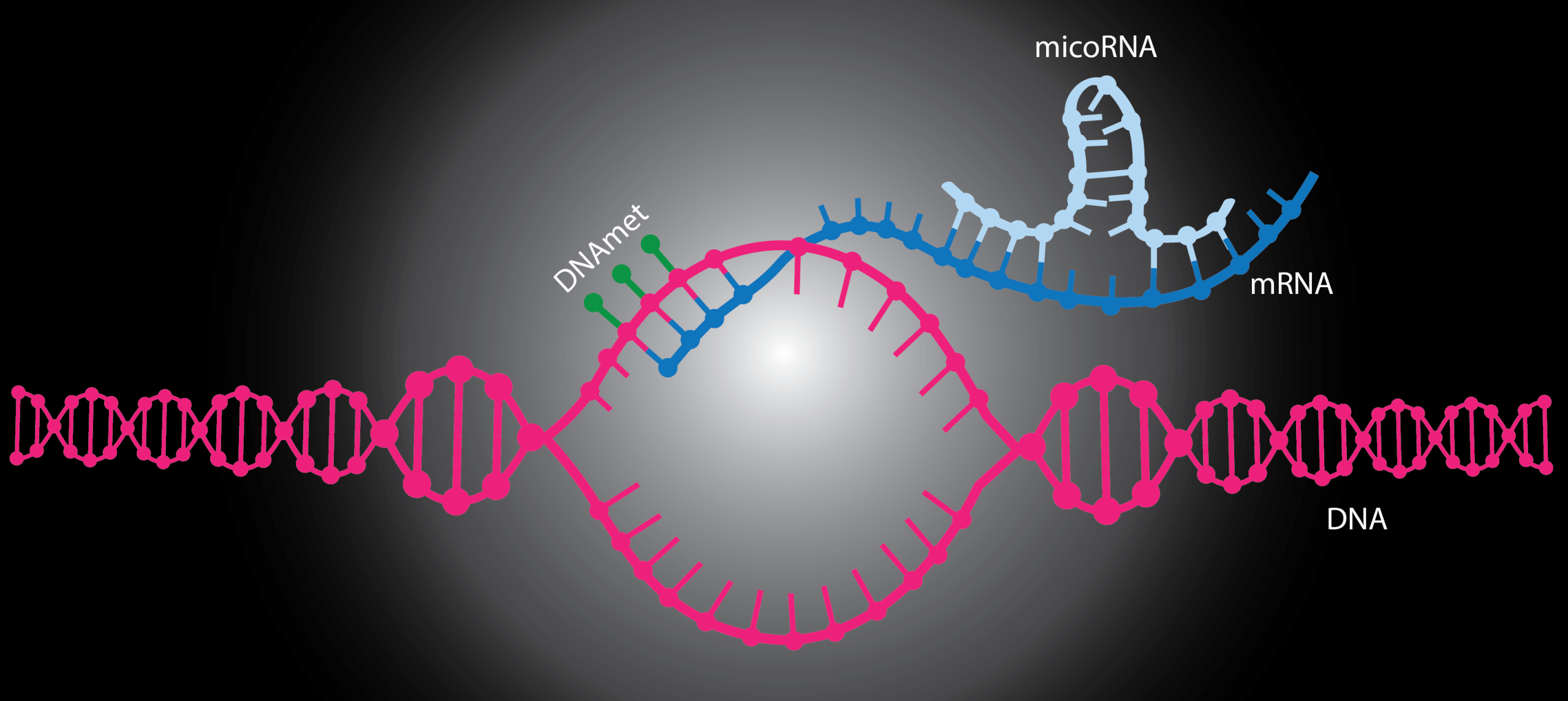Category: Genetics
-

Huntington’s Disease: A Genetic Tragedy of the Brain
Huntington’s disease is a rare, inherited brain disorder that damages movement, cognition, and mental health. Caused by a genetic mutation, it worsens over time with no cure, but research into gene-silencing, neuroprotection, and biomarkers brings hope for future treatments alongside supportive, multidisciplinary care.
-

Autism Spectrum Disorder: The Diversity Within Neurodiversity
Autism Spectrum Disorder (ASD) is a complex neurodevelopmental condition characterized by persistent difficulties in social communication and interaction, with restricted, repetitive behaviors and interests. ASD varies widely in severity and presentation, affecting individuals across all backgrounds. Early intervention improves outcomes, but ASD is lifelong and requires personalized support.
-

Carcinogenesis Explained: What Everyone Should Know About Cancer
We all have had our fair share of association with the disease that cancer is. Cancer develops as genetic and cellular controls fail, allowing unchecked cell growth. Recognizing carcinogenesis enables prevention, early detection, and personalized treatment, improving survival and quality of life worldwide.
-

CRISPR-Cas Systems: Microbial Memory Meets Molecular Precision
CRISPR means Clustered Regularly Interspaced Short Palindromic Repeats, while Cas denotes the CRISPR-associated proteins that serve as molecular protectors. Together, they create a living repository and a set of tools for natural, adaptive immune response found in bacteria and archaea. CRISPR-Cas systems also allow us to interpret, compose, and modify the blueprint of life.
-

Multi-Omics Analysis: Deciphering Biological Complexity at Scale
Living systems are choreographed across numerous molecular levels, each affecting and reacting to the others in an ongoing dance. Multi-omics analysis is the scientific revolution that combines these disparate layers—genomics, transcriptomics, proteomics, metabolomics, epigenomics, microbiomics, and others, presenting a wide-angle, systems-level perspective on biology that any single method cannot.